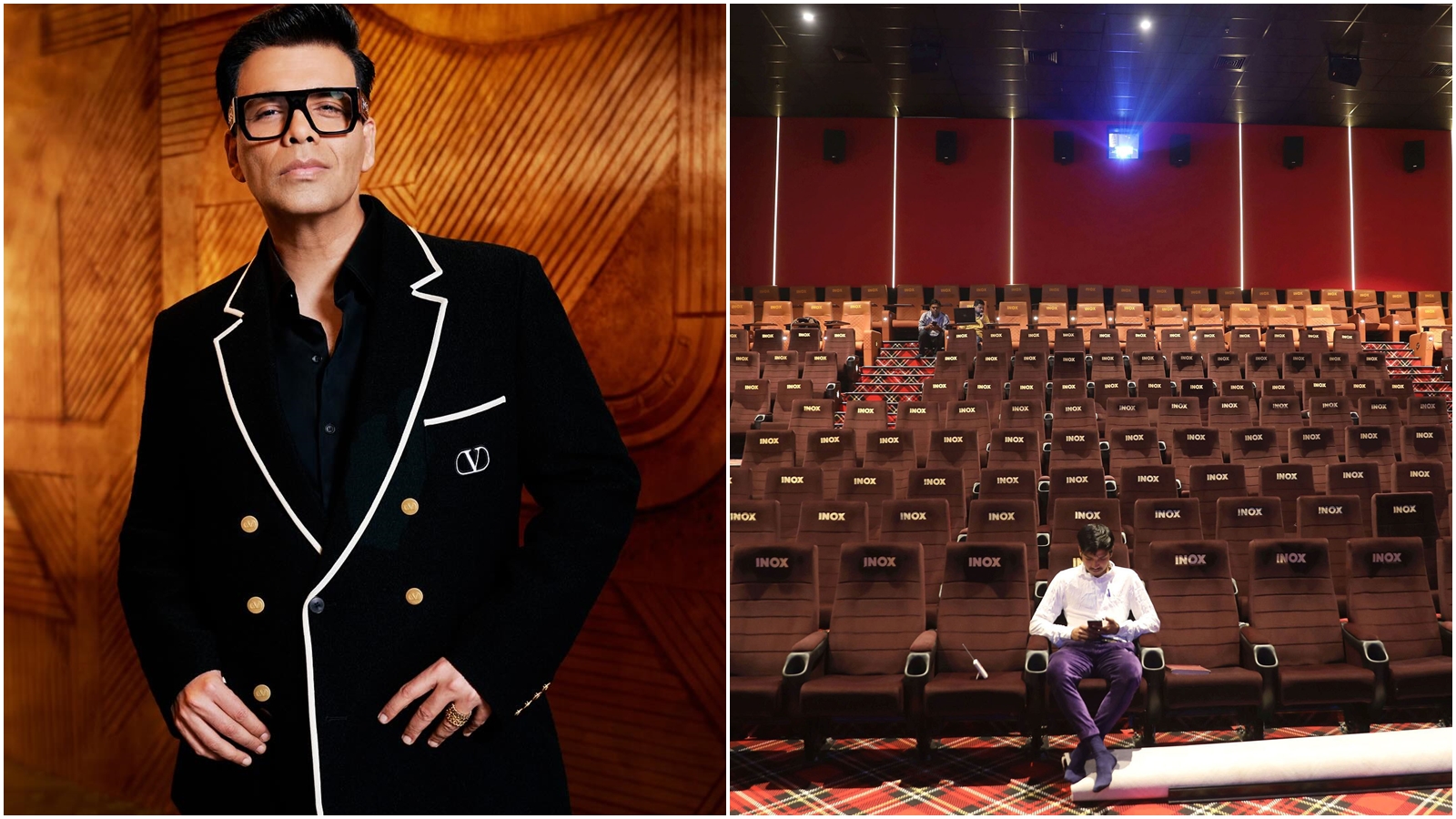[ad_1]
One of the most striking Indian films showcased at the recent Cannes Film Festival was Sandhya Suri’s ‘Santosh’, featuring Shahana Goswami and Sunita Rajwar. Set in a fictional North Indian town, Suri’s debut feature combines the rhythms of a police procedural with the class-caste-religious divides which govern small-town life.
Goswami plays a young widow who is given a job in the local police force on compassionate grounds who learns, quite quickly, the seductive pull of power. As always, Goswami makes her character stick, diving into her strengths and weaknesses and vulnerabilities.
The most interesting bit of casting is the choice of Rajwar as the older, hardened policewoman who plays Goswami’s mentor: it is diametrically opposite of what we’ve seen Rajwar do till now in her most popular long-running jokey-nosey neighbour role in ‘Gullak’ (whose fourth season just came out), as well as in ‘Panchayat’, whose much-awaited third season has rapidly climbed the OTT charts.
Here’s a quick chat with Shahana Goswami and Sunita Rajwar after their premiere at Cannes, where they witnessed their first standing ovation, about how they prepared for ‘Santosh’, and what they think of the chances of the film releasing in India.
How much prepping did you do for this film?
Sunita: Yeh (Shahana) toh iss tarah ka subtle kaam, achcha kaam karti aayi hai, but I am a loud person in real life, I’ve been doing loud comedy in my work. For me to tone it down was a task, par Sandhya aur Shahana ki madad se sab ho gaya (I managed with help from Sandhya and Shahana).
People are liking and loving me in ‘Gullak’, that is close to my personality. Yahaan mujhe laga main bahut acting kar rahi hoon (Here I thought I’m acting too much).
Also Read | Santosh, Sister Midnight at Cannes: Sandhya Suri’s debut exposes the dark heart of small-town India
Shahana: I don’t know yaar, I don’t really have a process. I use my instinct. It’s when I am far removed from my lived reality that I feel very unsure, whether it is Zwigato or Firaaq; the imposter syndrome comes in much more.
The main work for me is to get out of my head, and to trust what comes out of me with guidance from my director. I always choose directors that will never let go unless they get what they want, so it was always a lot of discussions, and being clear about the character and the intention. After that was the dialect, dialogue work. The Haryanvi accent wasn’t very difficult for me because I grew up in Delhi.
The director is an Indian from the UK. Did you feel that the portrayal (of the small town, the language etc) was just right?
Shahana: There was some fine-tuning we did during the script read, whether it was dialogue or language, or even in a scene when we thought something would not play out exactly the way it was written. But largely I think it was a pretty good understanding, and a lot of research had gone into it. There is an observer perspective but not from the outside, just like Santosh (the character).
A film like this makes you wonder if it will ever release in India, given it sheds so much light on police brutality, and communalism and caste-ism. It is just the kind of film that ‘shows India in a bad light’ (an overused phrase by those who want to scotch the chances of a film releasing).
Shahana: It’s happening everywhere (the difficulty in releasing such films), not just in India. Films like these will always have a niche release because that is the nature of the business. But it would be heartbreaking if it didn’t, because we have made a film to be watched. As with other films which are subversive, you can hold up a mirror without pointing fingers at anyone.
But I’m hopeful, the humanity of it might help it come out..
Sunita: Film dekhne ke liye hi toh banti hai (Films are made so that they can be shown).
How was the experience of the premiere?
Shahana: It was beautiful. I’ve actually been here (in Cannes) before just to watch films and so on, but it’s the first time for a film of mine. I’m never going to forget it, especially the long standing ovation for a film which doesn’t have stars.
Sunita: We were not sure if anyone would come to watch. We were not sure of how they will respond or receive it. So everything was very pleasant and heartwarming. It was like we had just performed (on stage), and people were clapping for us!
[ad_2]





